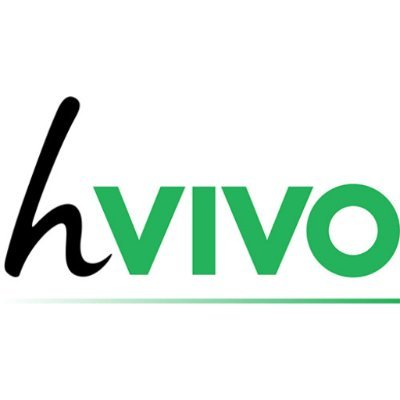Volunteers are indispensable in clinical trials, and their informed consent serves as the cornerstone of ethical research. This consent is not merely a formality; it represents an ongoing conversation between the research team and participants. The process involves clearly educating potential volunteers about the study, addressing any concerns, and providing answers to their questions. By fully understanding and agreeing to the trial’s conditions, participants help advance medical knowledge while being protected from potential risks.
Informed consent is a foundational element of research ethics. It entails providing patients with comprehensive information, including potential risks and benefits, about a medical procedure, treatment, clinical trial, or genetic testing. This allows patients to make informed decisions about whether to proceed with treatment, undergo testing, or participate in a trial.
In clinical trials, informed consent requires that volunteers make an educated decision about their participation. They must be informed about the procedures they will undergo, how the research plan works, potential risks or discomforts, and the voluntary nature of their involvement. This information is conveyed during the informed consent process, ensuring that participants are fully aware of what to expect.
Potential volunteers are provided with detailed information about the research, its purpose, duration, the voluntary nature of participation, procedures involved, potential benefits and risks, discomforts, alternative treatments, privacy protection, and the participant’s rights, including the right to withdraw from the trial at any time. It is crucial for participants to thoroughly review this information, as it helps them understand the risks and safety aspects of the trial. They are also encouraged to ask any questions they may have during this process.
Informed consent is vital to ensure that participants have a comprehensive understanding of all aspects of their involvement in a clinical trial. This understanding fosters trust, transparency, and a smooth trial process, as well-informed participants are more likely to cooperate and engage responsibly. For research staff, informed consent ensures ethical adherence and contributes to the trial’s success while protecting participants’ well-being and the research’s integrity.
The informed consent process is governed by four key principles: decision-making capacity, disclosure, documentation of consent, and competency. Decision-making capacity ensures that participants can make informed decisions by understanding their options, the consequences, and the personal costs and benefits relative to their values. If a participant lacks this capacity, a surrogate decision-maker may be involved. Disclosure involves providing sufficient information to the participant, including risks, benefits, and clear answers to questions, enabling them to make an informed decision.
Documenting consent is essential, particularly for procedures with significant risks. This typically involves a written consent form, supported by a verbal explanation, and must be signed by both the participant and the doctor. Competency ensures that participants possess the mental and emotional capacity to understand the trial and make informed decisions.
Informed consent is obtained before any trial-specific activity begins and is documented by a signed consent form. This document is retained for the trial’s duration and beyond for auditing purposes. Informed consent is an ongoing process, requiring continuous communication between research staff and participants, especially if new information emerges that could impact the participant’s willingness to continue.
In clinical trials, informed consent is obtained through paper or electronic forms, which are reviewed for clarity and completeness by trained individuals. At FluCamp, for instance, participants complete paper consent forms in person, guided by trained staff who review the details and answer any questions.
Understanding the importance of informed consent and the principles that support it ensures that participants are well-informed and ethically engaged in clinical trials, contributing to the advancement of medical research.
Informed consent is the cornerstone of ethical research, ensuring that clinical trial participants are well-informed, protected, and actively engaged in the advancement of medical knowledge.
hVIVO plc (formerly Open Orphan plc), led by Cathal Friel, is a rapidly growing specialist contract research organisation (CRO) and the world leader in testing infectious and respiratory disease vaccines and antivirals using human challenge clinical trials, providing end-to-end early clinical development services for its broad and long-standing client base of biopharma companies.


